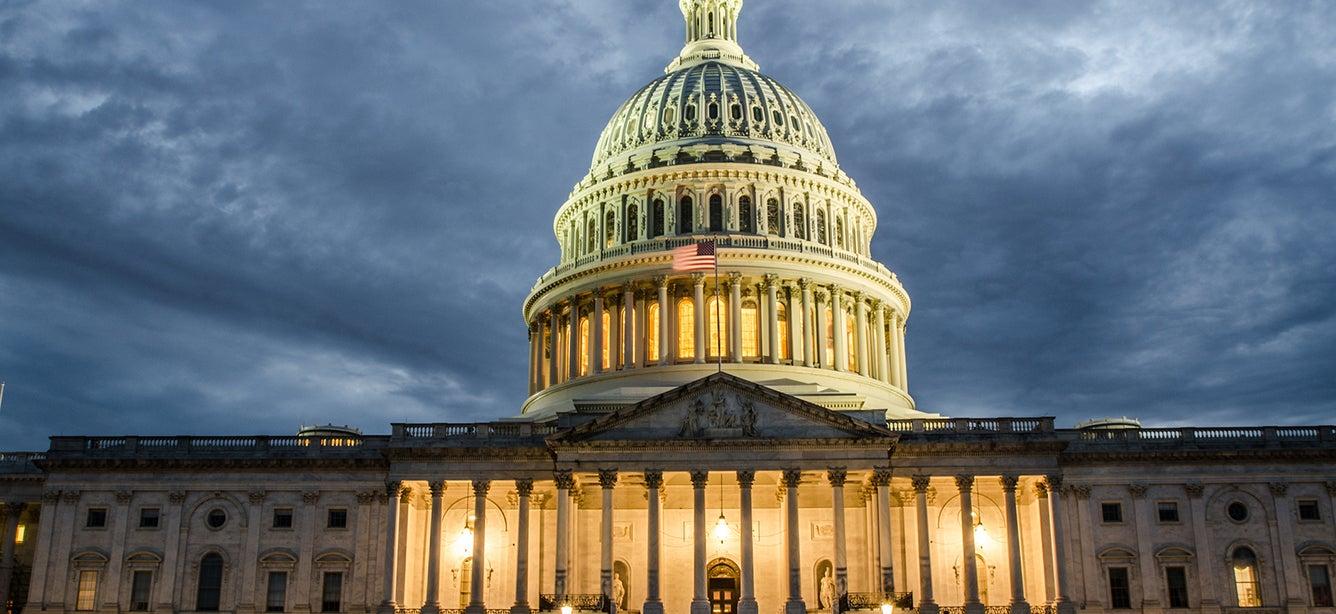
Congress is still debating the FY22 budget reconciliation package, also known as the Build Back Better Act, which features a once-in-a-generation opportunity to significantly improve Medicare and Medicaid for older Americans.
Progress has stalled due to concerns about the price tag. The original package called for up to $3.5 trillion in investments and the revenues needed to pay for all or most of the cost. That total is likely to be scaled back to $2 to $2.5 trillion due to concerns raised by Sens. Joe Manchin (D-WV) and Kyrsten Sinema (D-AZ).
Scaling back means some proposals passed by House committees will have to be trimmed or stripped out of the package completely. To protect the programs that affect older adults, we need advocates to contact their members of Congress now. Legislators are hearing from many special interests and high-powered lobbyists. They need to hear from their constituents and voters. Visit the NCOA Action Center to send an email or Tweet.
To keep important provisions for older adults in the final bill, please email or Tweet your members of Congress today.
How the Build Back Better Act will improve Medicare coverage
The legislation would reduce Medicare prescription drug costs and extend new coverage to dental, vision, and hearing services. NCOA also is advocating for assistance for low-income beneficiaries.
On prescription drugs, the proposal would: (1) cap out-of-pocket costs for Medicare Part D beneficiaries at $2,000 each year and better align incentives to lower prices; (2) require the Secretary of Health and Human Services to annually negotiate with drug manufacturers for the highest priced and most commonly used prescription drugs; and (3) require drug manufacturers who increase their prices faster than inflation to pay back that excess amount to the federal government.
On dental services, beginning January 2028, Medicare would provide coverage for preventive and screening services, as well as basic and major dental treatments. Beneficiaries would be responsible for 20% cost-sharing for preventive, screening, and basic services, while cost-sharing for major services would be phased in, reaching 50% in 2032.
On vision services, beginning October 2022, Medicare would cover one routine eye exam and one session of contact lens or eyeglass fitting services every two years with 20% cost sharing. Medicare would also pay up to $85 toward the cost of eyeglasses or contact lenses.
On hearing services, beginning October 2023, rehabilitation and treatment services would be covered, including coverage of hearing aids that cannot be purchased over the counter for individuals with severe or profound hearing loss in one or both ears once every five years.
Proposal to provide greater access to home and community-based services
The proposal would invest $190 billion to expand access to Medicaid home and community-based services for millions of older adults and people with disabilities by increasing the federal Medicaid match to states by 7%. This falls short of our request for at least a $250 billion investment and 10% increase in these vital services.
The proposal also would strengthen the direct care workforce by improving provider payment rates and giving states the resources to improve their care infrastructure. And it would make permanent the Money Follows the Person and spousal impoverishment programs, both successful efforts that help low-income older adults and individuals with disabilities receive care at home.
Additional aging services investments included in the Build Back Better Act
Legislation from the House Education and Labor Committee proposes a total of $1.3 billion for Older Americans Act programs, including:
- $100 million for the Senior Community Service Employment Program
- $75 million for the new Research, Demonstration, and Evaluation Center
- $655 million for Supportive Services, with language specifically encouraging infrastructure investments in senior center modernization and construction
- $140 million for Nutrition Programs, focused on upgrading meal preparation and delivery facilities
- $150 million for the National Family Caregiver Support Program
- $50 million for the Long-Term Care Ombudsman Program
- $5 million for the multigenerational demonstration projects
- $1 million for the EngAGED resource center
What the Build Back Better Act means for caregiver support
Beginning in July 2023, the package would provide up to 12 weeks of paid leave per calendar year to replace lost wages due to time off for caregiving of an ill family member. The bill includes a broad definition of covered family members, including spouses, parents, grandparents, and siblings. Bereavement would also qualify, but is limited to up to 3 work days.
The proposal also includes a non-refundable, annual caregiver tax credit of 50% for up to $4,000 in qualifying expenses from 2022 through 2025, and phases out the tax credit starting at incomes over $75,000.
Other provisions within the proposal impacting older adults
- Reauthorizing the Elder Justice Act
- Extending Medicaid coverage to low-income individuals in the 12 remaining non-expansion states.
- Making permanent Affordable Care Act premium subsidies
- Proposals to improve retirement security
What's next?
House Democrats are working to pass the reconciliation package along with a bipartisan infrastructure bill that has already passed the Senate by the end of October. However, many believe the debate will go into December.
Stay tuned to NCOA for the latest information as these bills make their way through Congress.


